'This is not a fortune-cookie response to an issue. It takes vision. It takes political courage, it takes commitment, and it takes the drive to see it through,' says Marshall Smith
Published Sep 21, 2024 • Last updated 0 minutes ago • 7 minute read

When Alberta introduces legislation next spring that will allow drug addicts to be forced into treatment, it will be the culmination of years of preparation and study, and, according to its architect, may well provide a roadmap to politicians in British Columbia, who are looking to change the way they approach the nexus of drug addiction, mental health and social disorder.
Advertisement 2
THIS CONTENT IS RESERVED FOR SUBSCRIBERS
Enjoy the latest local, national and international news.
- Exclusive articles by Conrad Black, Barbara Kay and others. Plus, special edition NP Platformed and First Reading newsletters and virtual events.
- Unlimited online access to National Post and 15 news sites with one account.
- National Post ePaper, an electronic replica of the print edition to view on any device, share and comment on.
- Daily puzzles including the New York Times Crossword.
- Support local journalism.
SUBSCRIBE FOR MORE ARTICLES
Enjoy the latest local, national and international news.
- Exclusive articles by Conrad Black, Barbara Kay and others. Plus, special edition NP Platformed and First Reading newsletters and virtual events.
- Unlimited online access to National Post and 15 news sites with one account.
- National Post ePaper, an electronic replica of the print edition to view on any device, share and comment on.
- Daily puzzles including the New York Times Crossword.
- Support local journalism.
REGISTER / SIGN IN TO UNLOCK MORE ARTICLES
Create an account or sign in to continue with your reading experience.
- Access articles from across Canada with one account.
- Share your thoughts and join the conversation in the comments.
- Enjoy additional articles per month.
- Get email updates from your favourite authors.
Article content
Behind the overhaul of Alberta’s larger addictions-treatment system is Marshall Smith.
He’s the chief of staff to Alberta Premier Danielle Smith. There is, by the way, no relation. But before that, he was working in Alberta’s mental health and addictions ministry, working to overhaul the way the western province tackled drug addiction. Alberta, like so many other jurisdictions, has been gripped by an escalating drug crisis.
But before all that, Smith was an addict. Still is, though he’s in recovery.
Back in 2004, when he was an aide in the B.C. provincial government, he was charged with methamphetamine possession. It made headlines. Smith eventually wound up on the streets of Vancouver’s Downtown Eastside, the core of Canada’s decades-long battle against substance use. In his case, it was a couple of cops who helped him get clean.
“(They) said to me, ‘Marshall, it’s treatment or jail.’ And so I was faced with that decision,” Smith recalled on Wednesday.
He went to treatment in Maple Ridge, B.C.
Back in the province where Smith hit his lowest point, a sea change is underway in the way British Columbia approaches the opioid crisis. Back in April, the NDP government asked the federal government to recriminalize drugs in the province. They had been decriminalized in January 2023 as part of a larger pilot project.
Advertisement 3
Article content
And now, with a provincial election one month away, NDP Premier David Eby and B.C. Conservative challenger John Rustad are in agreement on one of the most controversial policy proposals out there in the world of substance use: involuntary treatment.
“I’m relieved,” said Smith. “Those of us who have been a big part of leading the recovery movement in the country have done so out of love and fear for the communities that we live in and out of fear for the people who are not getting the care that they need, that’s what drives us.”

John Rustad, the B.C. Conservative leader, committed to legislation that would “ensure those at risk receive the necessary care, even when they cannot seek it themselves.”
Eby, the premier and NDP leader, announced on Sunday that if re-elected, his government would come up with a system to force those with severe addictions issues, mental-health challenges and brain injuries into recovery.
“We cannot wait,” Eby told reporters. “This is a group of people that need intensive interventionist support. They are not able to ask for help for themselves. They will not benefit from voluntary treatment.”
By signing up you consent to receive the above newsletter from Postmedia Network Inc.
Article content
Advertisement 4
Article content
In British Columbia, more than 2,500 people died of overdoses in 2023. In Alberta, 1,870 people died of opioid overdoses. Combined with the social disorder, issue of homeless encampments and petty crime, it’s no wonder that governments are starting to look at alternatives such as involuntary treatment.
But there are divergent views on such treatment.
Marshall Smith, when asked if he would’ve supported such a policy being applied to him when he was an addict on the streets, sounds not entirely certain. He thinks back to the police giving him an ultimatum: jail or treatment.
“Now, was that involuntary? Yeah, probably. Well, maybe not. Some would argue yes, some would argue no,” he said. “But, you know, so for me — I would much rather have had a health-care based process, that would kind of assertively bring me in and not have to face the police or a criminal record or anything like that.”
He thinks for a split second longer, just enough time for an “um.”
“I, for sure, I don’t think I would have been happy about it. People who use drugs never want to be separated from their drugs. They kind of fight tooth and nail psychologically to keep to keep using.”
Advertisement 5
Article content
But he also says that addicts, in retrospect, are often thankful for their detox experience.
“If you’re asking Downtown Eastside drug-user union activists how they feel about it, you should not be surprised that they would take the position that they don’t like it, right? But if you ask people who have been successful in attending treatment and getting into recovery, and you ask them to reflect back on their position, you’re going to get a very different story,” Smith said.
The proposal, whether one calls it involuntary treatment or compassionate intervention, is highly controversial in addictions and harm-reduction circles. A 2016 review of the scientific literature around involuntary treatment found two studies that suggested positive outcomes, one from 2006 that showed those who completed compulsory drug treatment were less likely to commit a felony upon release, and another from 2001 that found two-thirds of the women who did mandatory treatment in Oregon were able to stay off drugs for one week after release. The review also noted three studies that said there were no benefits compared to voluntary treatment, and two studies found negative impacts on criminal recidivism.
Advertisement 6
Article content
“I am not comparing the outcomes of voluntary care with involuntary care. I think that that’s a false comparison. I’m comparing the outcomes of involuntary care with the outcomes of doing nothing at all,” said Smith. “Is involuntary care better than letting somebody inject fentanyl into their neck in a tent under an overpass? You bet it is, any day of the week.”
Recommended from Editorial
-

Involuntary treatment of drug addicts the Alberta election issue the rest of Canada is watching
-

Colby Cosh: David Eby's timely reversal on involuntary treatment for drug addiction
While Alberta is at the vanguard of adopting wholesale a new approach to addictions — focusing on recovery rather than harm reduction — British Columbia has also been flirting with the idea of involuntary treatment for years. In fact, the province took a run at it back in the 1960s, opening the Matsqui Institution opened in Abbotsford to, according to Warden John Moloney, “provide a controlled drug-free environment where the addict can develop personality characteristics that will assist him to live in society without resorting to criminal activity or using narcotics.”
Advertisement 7
Article content
When people conceptualize involuntary treatment, often they think of these old-school facilities, and indeed, secure facilities are used in parts of the world, such as China. But the way Smith tells it, the sentencing is less of a courtroom and more of a boardroom with experts explaining what’s going to happen, and people wouldn’t necessarily be locked away for treatment. They may, similar to treatment orders a judge gives for a person on probation, simply be mandated to attend drug treatment.
“It would be misleading to paint a picture that just because care is is involuntarily arrived at, that we are somehow incarcerating people in treatment centres. Because that’s not the case, at least in Alberta,” said Smith.
In 2020, the government of John Horgan, then the NDP premier of B.C., introduced Bill 22, legislation that, if passed, would allow the involuntary confinement and treatment of underage British Columbians who had suffered from a drug overdose.
The legislation died when Horgan called an election in 2021. When he did so, he cited the Green Party’s intransigence on supporting involuntary treatment as a reason for triggering the election.
Advertisement 8
Article content
“That was really the deciding issue for me,” Horgan told reporters.
But, despite winning re-election, the NDP never did bring the legislation back. When Horgan stepped down in 2022, succeeded by David Eby, there was again the chance such policy would land on the NDP’s governing agenda. Eby, in the race to succeed Horgan, had promised involuntary treatment.
Again, it didn’t happen. Until, perhaps, after the Oct. 19 ballots are cast.
But Smith has been working on this file for the Alberta government for years. There have been new recovery centres opened around the province, with thousands of new beds for addicts. The spaces available now are “good and growing,” Smith said. But it’s been a long — and slow — process.
“I’m an addict, so I always want immediate results,” quipped Smith.
“This is not a fortune-cookie response to an issue. It takes vision. It takes political courage, it takes commitment, and it takes the drive to see it through in a steadfast way. If you don’t have those things, then you’re not going to get far.”
And that, he says, means that other provinces are going to need to work on building their systems of voluntary care and figuring out how people are going to access that care. “Don’t rush this, right?” said Smith. Alberta is five years into its overhaul, ensuring that voluntary care remains the bedrock of the system. And Alberta’s experience, he said, can be used to help guide politicians elsewhere if they go this route.
“We have an investment in ensuring that British Columbia is healthy and that they have a really good system of care, because there’s so much that goes on in between our provinces. We’re really rooting for them and and looking forward to doing what we can to support them in the future,” Smith said.
National Post, with additional reporting by the Vancouver Sun
Our website is the place for the latest breaking news, exclusive scoops, longreads and provocative commentary. Please bookmark nationalpost.com and sign up for our daily newsletter, Posted, here.
Article content
.png)
 2 hours ago
6
2 hours ago
6


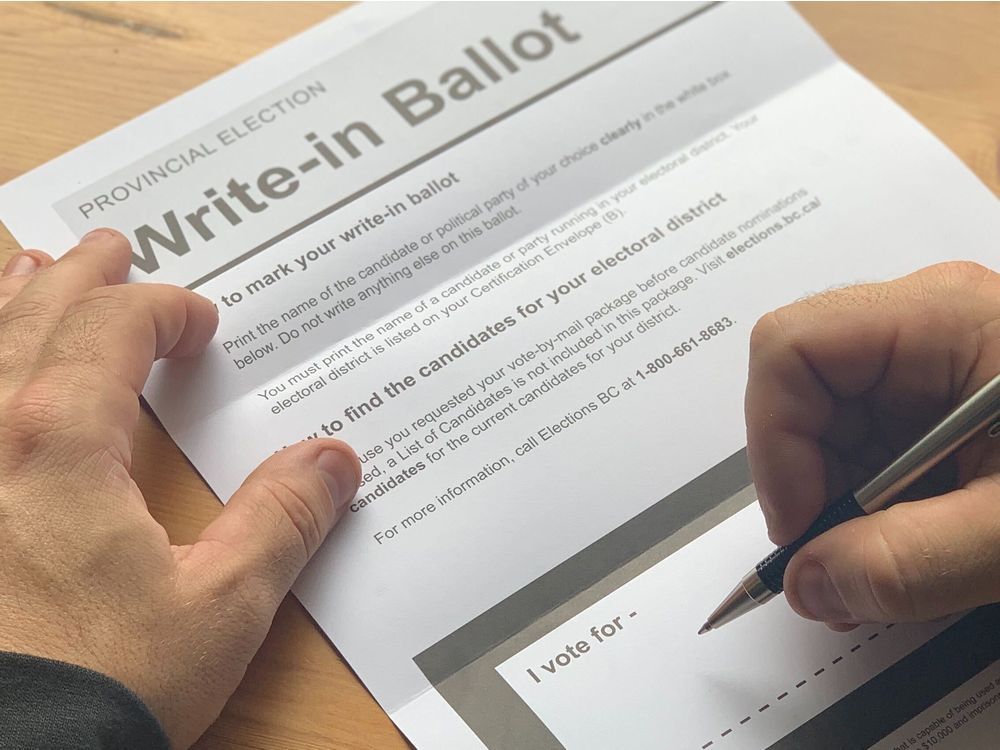
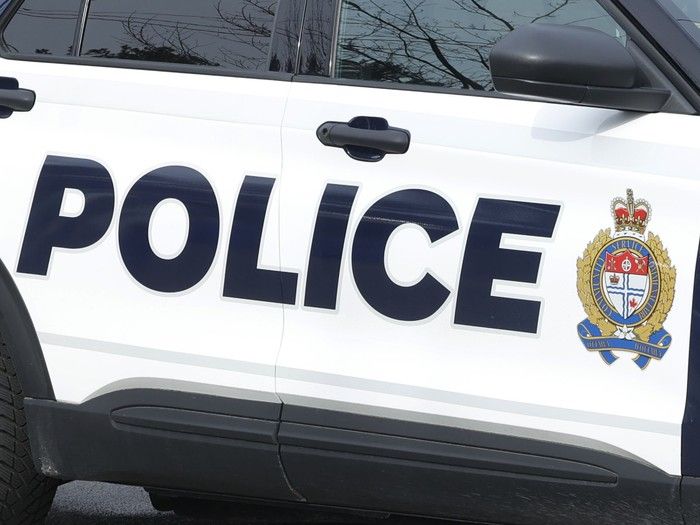
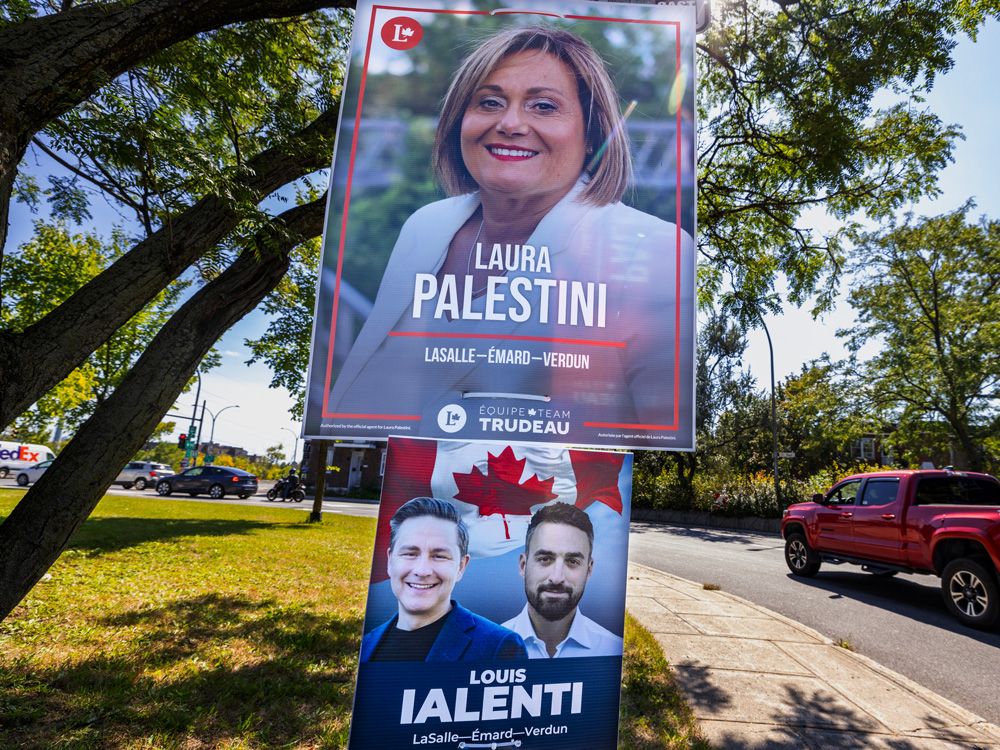



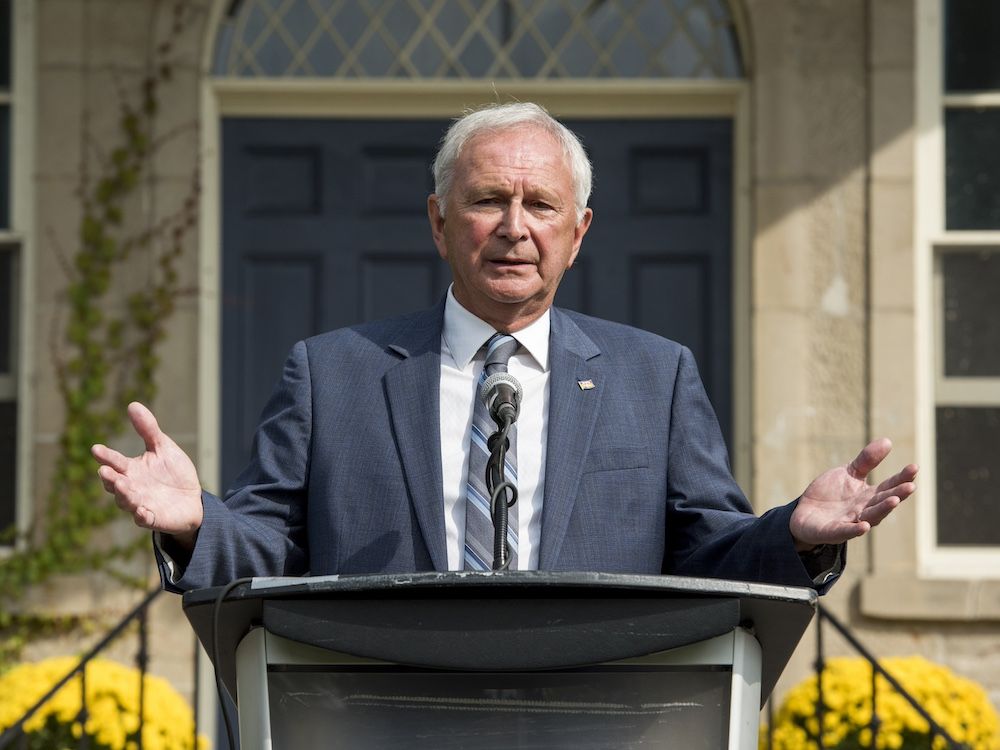
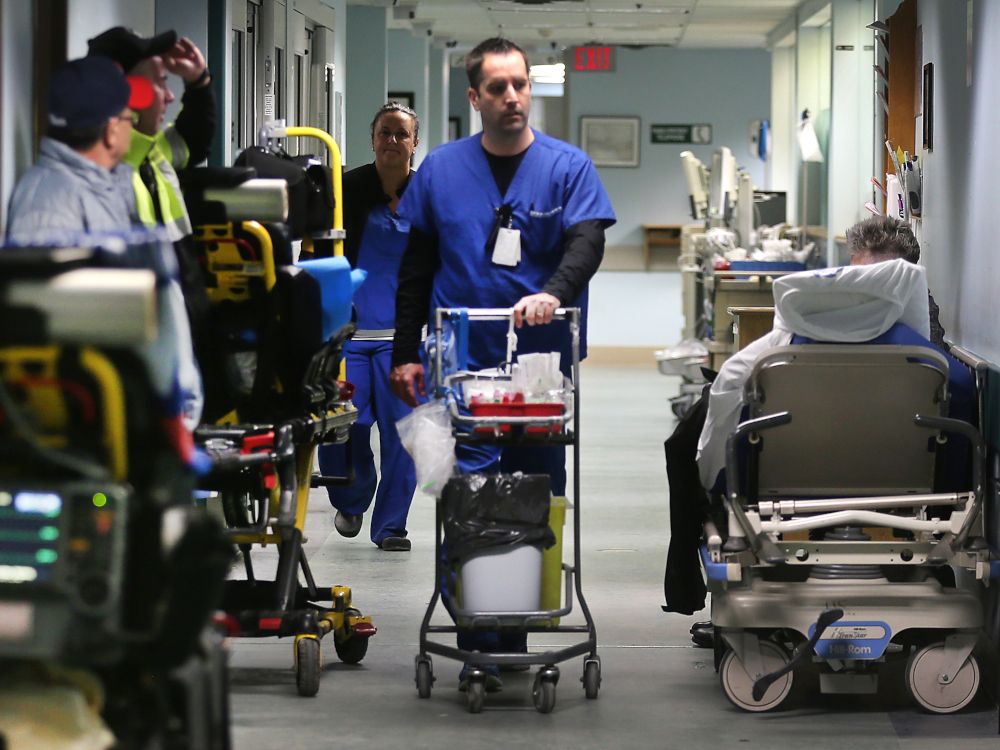


























 Bengali (BD) ·
Bengali (BD) ·  English (US) ·
English (US) ·